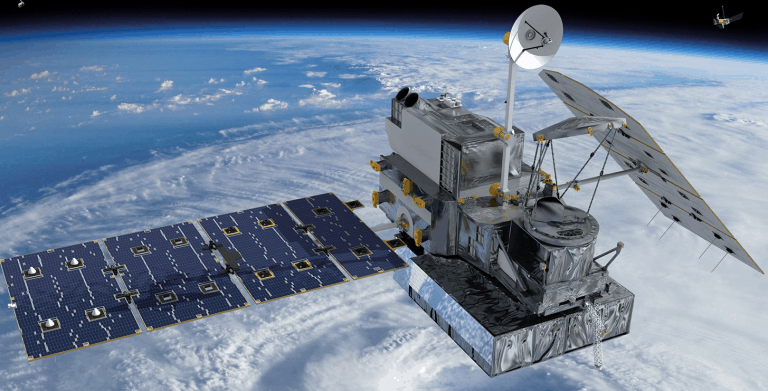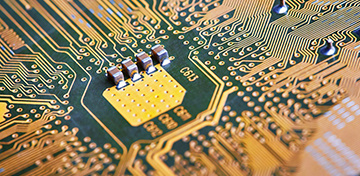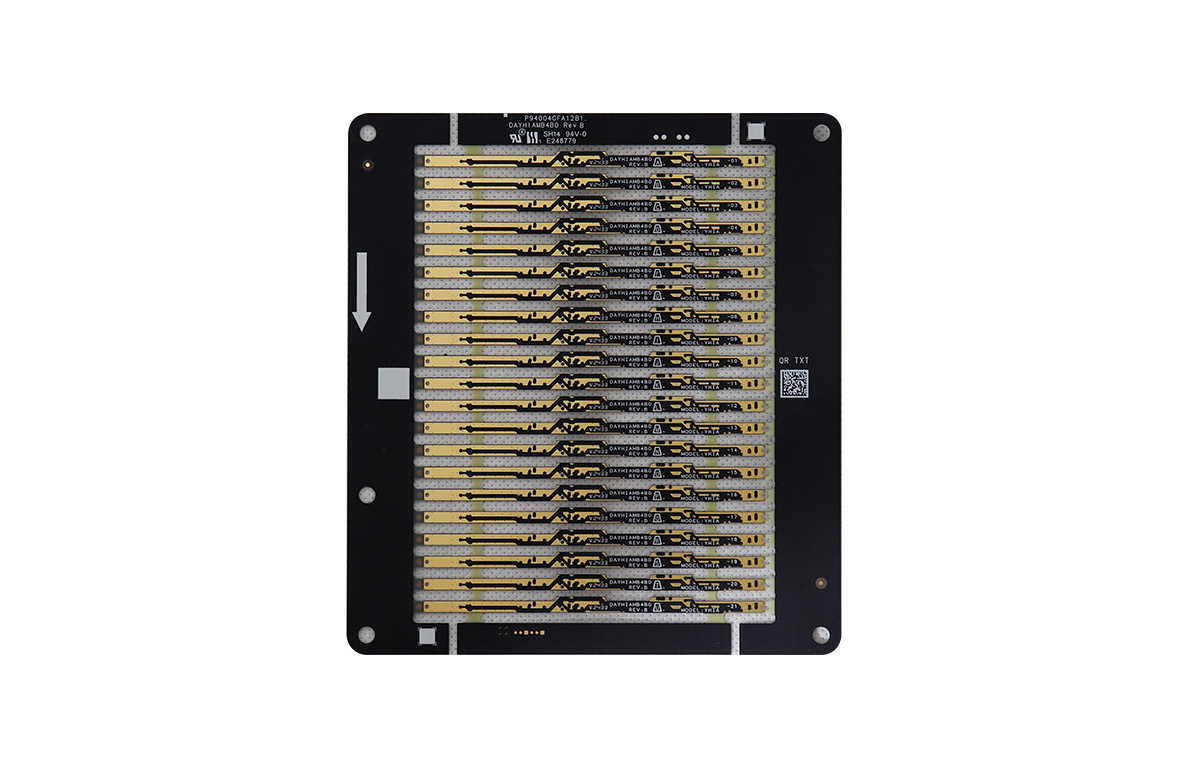Important factors to consider when designing FPCs for space applications
2022-03-31

In satellite applications, flexible FPCs offer several advantages over rigid PCBs. The characteristics of flexible FPC make FPC the best choice for space applications. FPCs for space applications operate under very harsh conditions. For designers, it is very important to consider the following points before starting to use it for flexible FPC design for space applications.
Working temperature
Although the FPC is not directly exposed to the space conditions, the design of the FPC should be suitable for the internal environment of the space application. The material selection of this FPC becomes crucial. For space applications, materials with an operating temperature above 120°C should be selected.
Limit Bleed
The use of the FPC in a high-pressure vacuum environment may release gases trapped in the FPC during the manufacturing process. This gas leak can condense on other parts of the device. During operation under high-pressure vacuum, the application of heat on the FPC forces gas out of the FPC, which is called degassing. By selecting materials with good heat resistance for the FPC design, outgassing can be minimized.
sustained orbital collision
The satellite orbits the earth in a circular orbit. Collisions between other celestial bodies are likely to occur while orbiting the Earth. The FPC should be able to withstand these tiny collisions. For this reason, the bending capacity of the flexible FPC should be high. Flexibility/bendability is an important factor to consider when designing flexible FPCs for space applications.
Previous:
The next one:
Contact Us
E-mail:
xhb@hkwinscon.com
Phone/WeChat:
138 2333 3358
Address:
383 South Longhu Avenue, Huicheng District, Huizhou City, Guangdong Province

Lianmeng Electronics
Contact: Mr. Xiao
383 South Longhu Avenue, Huicheng District, Huizhou City, Guangdong Province
COOKIES
Our website uses cookies and similar technologies to personalize the advertising shown to you and to help you get the best experience on our website. For more information, see our Privacy & Cookie Policy
COOKIES
Our website uses cookies and similar technologies to personalize the advertising shown to you and to help you get the best experience on our website. For more information, see our Privacy & Cookie Policy
These cookies are necessary for basic functions such as payment. Standard cookies cannot be turned off and do not store any of your information.
These cookies collect information, such as how many people are using our site or which pages are popular, to help us improve the customer experience. Turning these cookies off will mean we can't collect information to improve your experience.
These cookies enable the website to provide enhanced functionality and personalization. They may be set by us or by third-party providers whose services we have added to our pages. If you do not allow these cookies, some or all of these services may not function properly.
These cookies help us understand what you are interested in so that we can show you relevant advertising on other websites. Turning these cookies off will mean we are unable to show you any personalized advertising.
online message



Power by:www.300.cn


